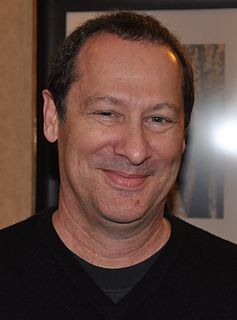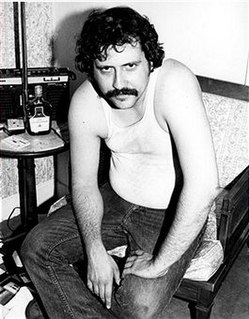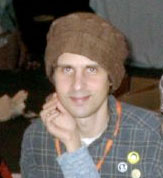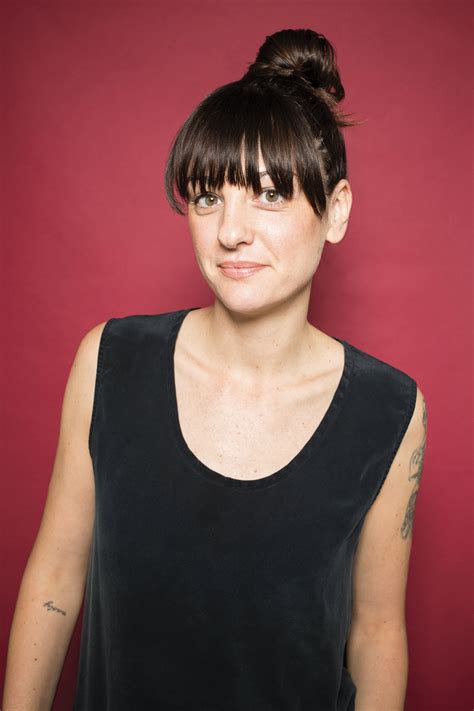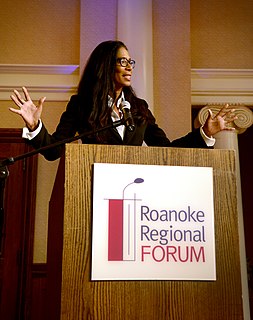A Quote by Cliff Martinez
I actually don't see that strong of a connection between my background as a rock 'n roller and my early films. In a way I think your musical identity in film work is determined by the jobs that come your way.
Related Quotes
Good rock 'n' roll is something that makes you feel alive. It's something that's human, and I think that most music today isn't. ... To me good rock 'n' roll also encompasses other things, like Hank Williams and Charlie Mingus and a lot of things that aren't strictly defined as rock 'n' roll. Rock 'n' roll is an attitude, it's not a musical form of a strict sort. It's a way of doing things, of approaching things. Writing can be rock 'n' roll, or a movie can be rock 'n' roll. It's a way of living your life.
Punk rock was the first thing I found in my life that made me feel acceptable. The thing that got me into punk rock was the idea, "You're fine just the way you are." It sounds kind of dorky, but you don't have to make excuses for who you are or what you do. When you find something like punk rock, not only is it okay to feel that way - you should embrace your weirdness. The world is totally messed up, and punk rock was a way to see that and work with it without candy-coating it. It was saying, "Yeah, the world is this way, but you can still do something about it. Take energy from that."
My filmmaking style of remixing came out of necessity. When I was a film theory student at UC Berkeley in the early 1990s, there were no film production facilities. The only way I learned to tell stories on film was by re-cutting and splicing together celluloid of old movies, early animated films, home films, sound slug - anything I could get my hands on.
Your false self is always that which is passing away. Your true self doesn't go up or down, it's constant - it's a rock. Once you learn how to live there, what others say about you, your failures or successes - these don't send you on a roller coaster ride down or up. It's really the only way to peace. There's no other way to be peaceful except in the true self.
It's very interesting being an artist and a comedian, (because) you aim for jobs that will feed your ego, but when you get up to the precipice of them, you actually have to deliver. You actually have to understand that you're reaching a new level where there are way more eyes on you, way more expectations and way more pressure.
I think the first film you do with your instincts because you haven't learned with another director or you haven't worked on other films, so you tend to do things your own way. I think what I learned the most was to take your time, to try to be less rushed into things and have some distance with what you're doing.
When you're making a film, you don't really have time to consider what the whole of your film is. And then, when you're releasing your film and promoting your film, you're looking at it in a different way. Then, as you move away from it, you start to look at it objectively and think, 'What could I have done better?'
